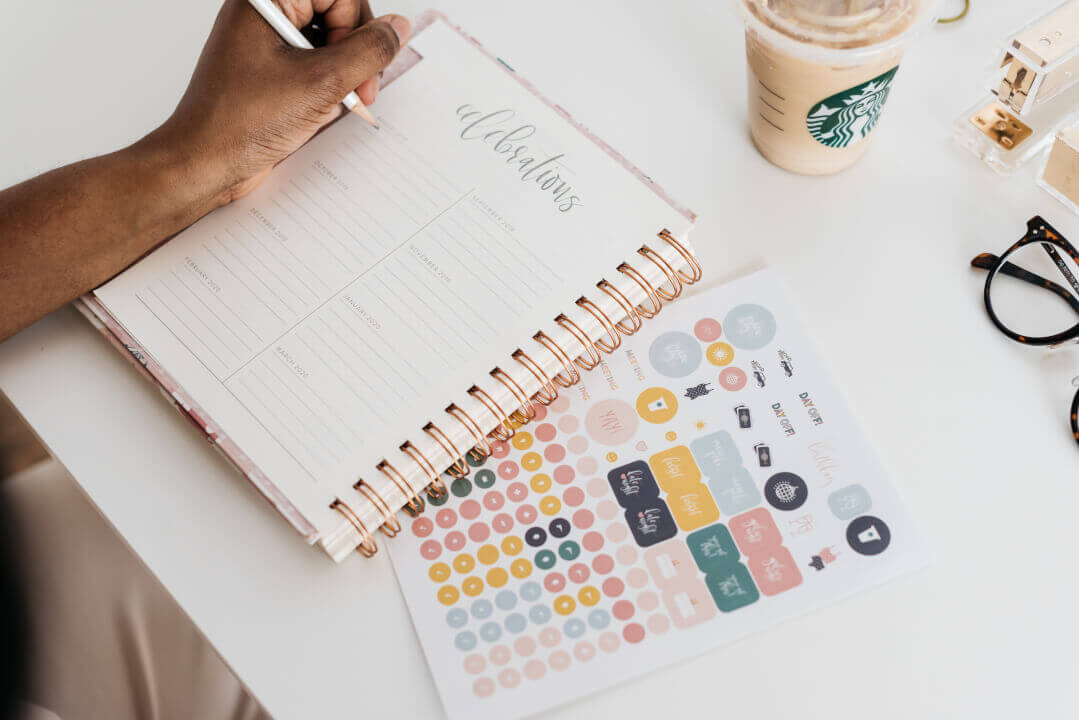Hey there, fellow students! Wanna know a secret to ace your exams without endless hours of mind-numbing cramming? Well, I’ve got a game-changing technique for you: active recall. As a former student who’s been through the grueling exam season, I discovered firsthand how powerful this method can be in improving my memory retention and overall understanding of the subjects.
So, what exactly is active recall? Simply put, it’s the process of retrieving information from your memory instead of passively re-reading notes or textbooks. It forces your brain to actively engage with the material, making it stick in your long-term memory like glue. Plus, it’s oh-so-effective for both quick revision and in-depth learning.
Let me give you an example to show how active recall works wonders. Instead of just reading your biology textbook cover to cover, try closing it and reciting all you know about photosynthesis. You’ll be amazed at how much you remember, and any gaps in your knowledge will become crystal clear, allowing you to focus on weak areas.
But that’s just the tip of the iceberg, my friends. In this article, I’ll delve into some practical ways to apply active recall when studying, alongside some juicy tips to make it even more effective. Trust me, once you harness the power of active recall, you’ll skyrocket your academic game and bid farewell to those dreaded last-minute cramming sessions! Stay tuned for the amazing insights that lie ahead.
What is Active Recall?
Active recall is a learning strategy that revolves around the process of actively recalling information from memory without relying on external cues. It challenges the brain to retrieve information independently, reinforcing neural pathways and strengthening memory. The process involves actively asking yourself questions about the material and attempting to answer them from memory. This technique can be applied in various forms, such as flashcards, retrieval practice, mnemonics, summarization, mind mapping, and teaching others.
The Benefits of Active Recall in Studying
Active recall offers several benefits over passive learning methods, such as reading and highlighting. Some of the key advantages include:
Enhanced Retrieval:
Actively engaging with the material strengthens memory and makes it easier to recall information during exams or real-life applications.
Deep Understanding:
By repeatedly recalling information, learners gain a deeper understanding of the subject matter, making it more meaningful and connected.
Long-Term Retention:
Information retained through active recall is more likely to be stored in long-term memory, leading to better retention over time.
Efficient Learning:
Active recall optimizes study time by focusing on the most critical areas that require reinforcement, streamlining the learning process.
How to Implement Active Recall Techniques
Flashcards:
Flashcards are a popular and versatile tool for active recall. Create flashcards with questions on one side and answers on the other. Quiz yourself regularly by attempting to answer the questions without peeking at the answers.
Retrieval Practice:
Engage in retrieval practice by taking practice tests or attempting to recall key concepts from memory. Practice retrieving information without referring to textbooks or notes.
Mnemonics:
Mnemonic devices are memory aids that help you remember complex information. Create acronyms, rhymes, or visual associations to recall facts easily.
Summarization:
After studying a particular topic, summarize the key points in your own words. This process reinforces learning and helps with retention.
Mind Mapping:
Use mind maps to visually represent connections between concepts. Mind mapping aids in active recall by organizing information in a meaningful way.
Teaching Others:
Teach the material to friends or family members. Explaining concepts to others requires active retrieval and reinforces your own understanding.
Creating an Active Recall Study Plan
To effectively incorporate active recall into your study routine, follow these steps:
Setting Clear Goals:
Define specific learning objectives and goals for each study session. Having clear targets will keep you focused and motivated.
Organizing Study Material:
Divide the study material into smaller, manageable chunks. This makes the learning process less overwhelming and allows for focused retrieval practice.
Designing Effective Flashcards:
Craft well-structured flashcards with concise questions and answers. Use bullet points or keywords to prompt your memory effectively.
Allocating Study Sessions:
Schedule regular study sessions with dedicated time for active recall. Consistent practice is key to mastering this technique.
Overcoming Challenges with Active Recall
Although active recall is a powerful learning tool, it can come with its share of challenges. Here’s how to overcome them:
Initial Difficulty & Frustration:
Initially, active recall may be challenging and frustrating. Persevere through this phase, as it’s a sign that your brain is adapting to a more effective learning process.
Combating Forgetfulness:
If you struggle to recall certain information, don’t be discouraged. Repeated retrieval attempts will reinforce memory and improve recall over time.
Avoiding Passive Learning Traps:
Passive learning methods can be tempting but try to resist the urge to rely on them. Stay committed to active recall for maximum effectiveness.
Active Recall and Long-term Retention
Active recall plays a crucial role in long-term retention. Information repeatedly retrieved from memory is more likely to be stored in the brain for extended periods.
Tips for Incorporating Active Recall into Different Subjects
While active recall is effective across various subjects, here are specific tips for implementing it:
Sciences
Use active recall to remember scientific concepts, formulas, and definitions. Quiz yourself on various scientific theories and principles.
History
Recall historical events, timelines, and the significance of key moments in history. Create a narrative to help remember historical sequences.
Mathematics
Practice solving math problems from memory, focusing on different equations, and formulas. Challenge yourself with complex calculations.
Languages
Employ active recall to learn new vocabulary, verb conjugations, and grammar rules. Engage in conversations or write passages in the target language.
Arts & Literature
Recall the themes, symbolism, and character developments in literary works. Discuss and analyze artistic creations to reinforce understanding.
The Role of Active Recall in Test Preparation
Effective test preparation involves the following strategies:
Preparing for Exams:
Utilize active recall to review course material and test yourself on key concepts. Take practice tests under exam conditions to simulate the real environment.
Overcoming Test Anxiety:
Active recall helps build confidence by familiarizing you with the material. This can reduce test anxiety and improve performance.
The Science Behind Active Recall’s Effectiveness
Active recall aligns with cognitive psychology principles. The process of retrieving information strengthens memory and improves recall.
To Wrap Things Up
Lastly, my fellow scholars, let’s give ourselves a well-deserved pat on the back for embarking on this journey to unleash the full potential of our minds through active recall! You’ve come this far, delving into practical ways to enhance your studying techniques, and that, my friends, is commendable.
As former students ourselves, we know the struggles and challenges that come with academic pursuits. But fear not! Armed with the power of active recall, we can conquer any subject that comes our way. Remember, it’s not about rote memorization; it’s about engaging with the material actively.
So, take a deep breath, gather your study materials, and embrace the process. Embrace the mistakes, for they are stepping stones towards true understanding. Embrace the curiosity, for it fuels the flames of knowledge within. Embrace the moments of doubt, for they remind us that learning is a beautiful, never-ending journey.
As we bid farewell, remember to schedule regular study sessions, create flashcards, and quiz yourself frequently. Stay persistent, stay positive, and don’t forget to reward yourself along the way. We’re all in this together, supporting each other as we grow academically and personally.
Now, go out there and face those textbooks with confidence! You’ve got this! Believe in yourself, and the world will witness the incredible heights you’ll reach with the magic of active recall.
Happy studying and may your thirst for knowledge never be quenched! 🚀



